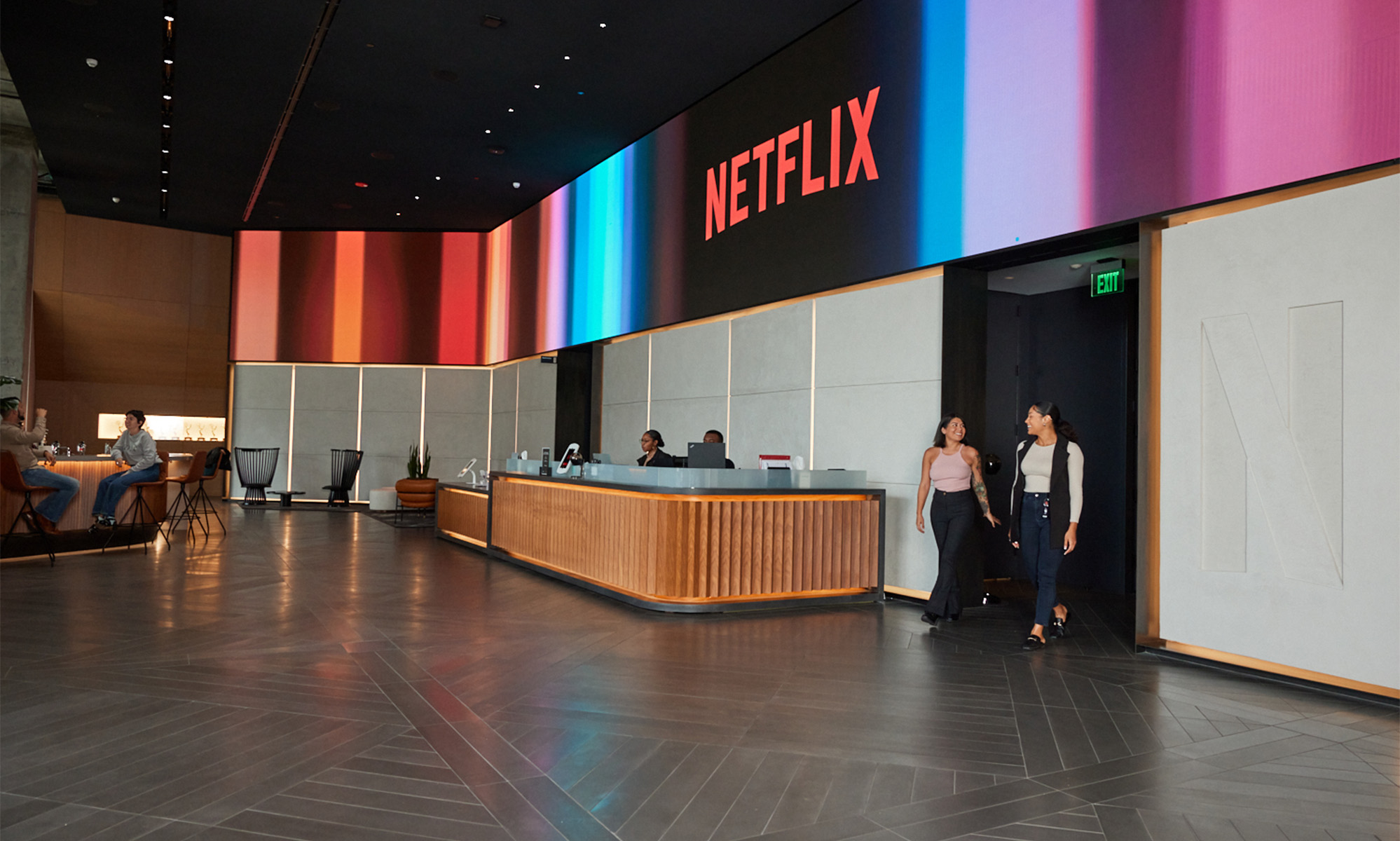With more than a decade-long head start and more than 151 million customers worldwide, there's little doubt that Netflix (NFLX +0.93%) is the frontrunner in the streaming industry. One of the other leaders in the space, Amazon.com (AMZN 0.73%), has more than 100 million Prime subscribers, though the company has never revealed how many avail themselves of its streaming video service. Rounding out the top three is Hulu, now controlled by Walt Disney (DIS 1.67%), which had more than 28 million subscribers at last count.
While it's still far too early to pick the ultimate winner in the over-the-top space, that hasn't stopped some from making the call. Disney made an announcement regarding pricing last week that fans had been waiting for, and on the basis of this revelation, one analyst is ready to declare the House of Mouse the de facto winner in the streaming wars.

Image source: Disney.
The revelation and the call
On Disney's fiscal third-quarter conference call last week, CEO Bob Iger said that the company would be offering a bundled price for the three streaming services under its purview. Fans will be able to subscribe to Disney+, ESPN+, and the ad-supported version of Hulu, all for a package price of $12.99 beginning on Nov. 12, the day of the Disney+ launch. The price of the deal is pretty compelling, considering customers will get access to all three of these services for the same price as Netflix's most popular plan. Customers who want just Disney+ can have the service for $6.99 per month, or $69.99 per year. Ad-supported Hulu costs $5.99 a month individually and ESPN+ is offered for $4.99 a month or $49.99 annually.
Based on this combination of aggressive pricing moves, Needham analyst Laura Martin is actually calling Disney the winner.
"We project [Disney] will win (and [Netflix will] lose) the U.S. SVOD [subscription video on demand] battle," Martin wrote in a note to clients. "U.S. consumers have shown a reluctance to add to their three SVOD services. This implies that [Disney's] projected 20 million to 30 million U.S. [subscriptions] by 2024 will mostly come from Netflix's 60 million U.S. subs."
A bold prognostication
While there's a certain logic to Martin's conclusion, that doesn't necessarily mean it's correct. There are a number of reasons consumers have been reluctant to go beyond three streaming services -- the biggest being that, until now, they may not have had an incentive to do so.
The three most popular services are popular for a reason, though each might have different selling points. Amazon has arguably the widest assortment overall and a growing list of original programming, but also offers a selection of one-time views and digital offerings for a fee. Netflix has an exhaustive supply of original programming and content in every conceivable genre, as well as a number of broadcast favorites. Hulu, too, has some laudable original content and offers episodes of broadcast television shows that are still on the air.
Until now, the easiest solution was just to have all three. Assuming subscribers were to elect Netflix's most popular plan ($12.99 per month) and Hulu's no-advertising plan ($11.99), and skip the whole Prime membership and opt instead for Prime Video ($8.99), viewers would be spending about $34 per month. Adding Disney+ or the Disney bundle to the mix would bring the total to $41 or $47, respectively -- still far less expensive than cable.
Martin is making an assumption that Disney+ will acquire its forecast range of 20 million to 30 million subscribers, and most of them will cancel Netflix -- but there's very little evidence to support that theory.

Sadie Sink, from left, Noah Schnapp, Millie Bobby Brown, Finn Wolfhard, and Caleb McLaughlin are shown in a scene from Netflix's Stranger Things Season 3. Image source: Netflix.
If fact, some studies have shown that quite the opposite is true. Just 2.2% of Netflix subscribers said they will "definitely cancel Netflix" once Disney+ launches in November, according to Streaming Observer in partnership with data analysis firm Mindnet Analytics. An additional 12.3% said they "might cancel Netflix and get Disney+," but considering that option is not the same as making the switch.
"Of course, the reality is, many people who threaten to cancel won't actually follow through and do so," said Chris Brantner of Streaming Observer.
It just doesn't make sense
There's certainly reason to believe that some subscribers will see the Disney+ or the bundled version as a better value, but assuming all of Disney's gain will come at Netflix's expense is a stretch.
It's just as likely that there will be cannibalization, and some subscribers on Hulu's no-ad plan will potentially swap for the Disney bundle for just $1-a-month more. Some Prime Video subscribers could make the move to Disney. Furthermore, some customers won't be interested in sports or Hulu at all and add only Disney+ for $6.99. And of course, there will be people who will, in fact, cancel Netflix just for Disney+.
There are a lot of ways for this to play out, and it doesn't necessarily mean that Disney is a "Netflix killer" -- but the House of Mouse will certainly be one of the key players.





